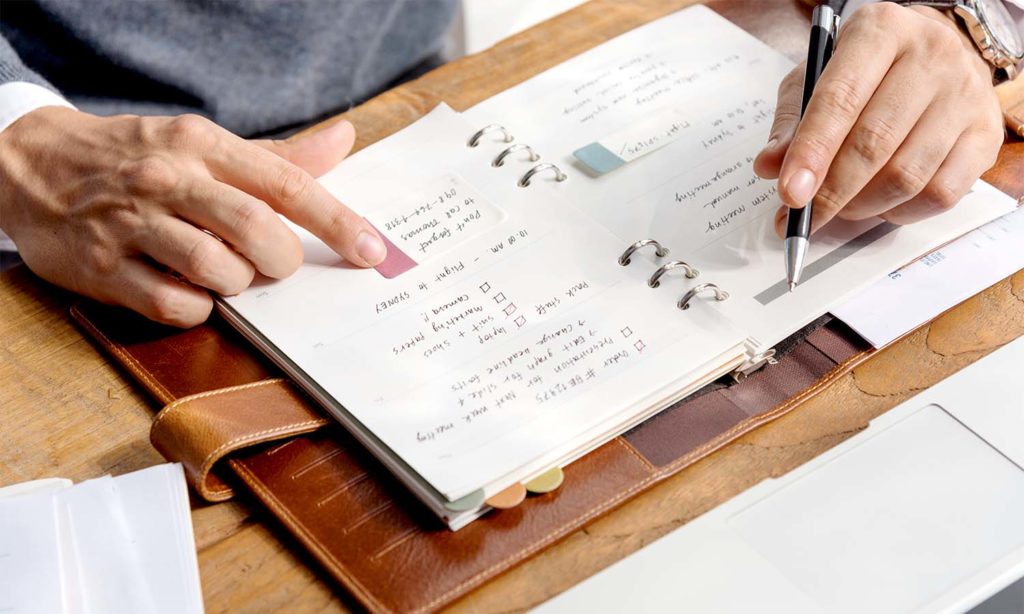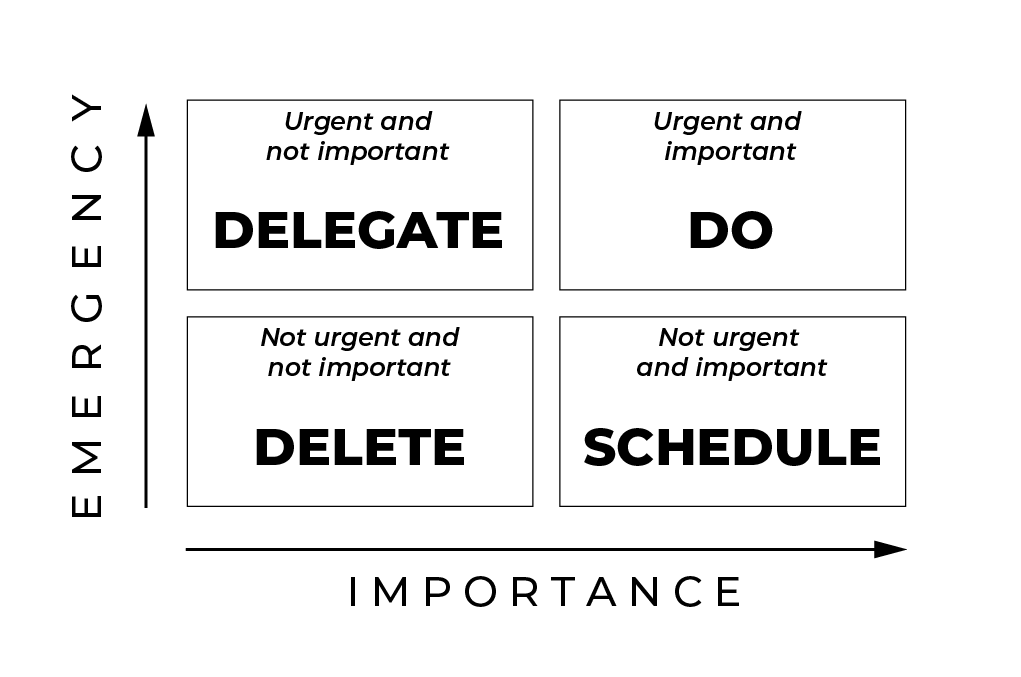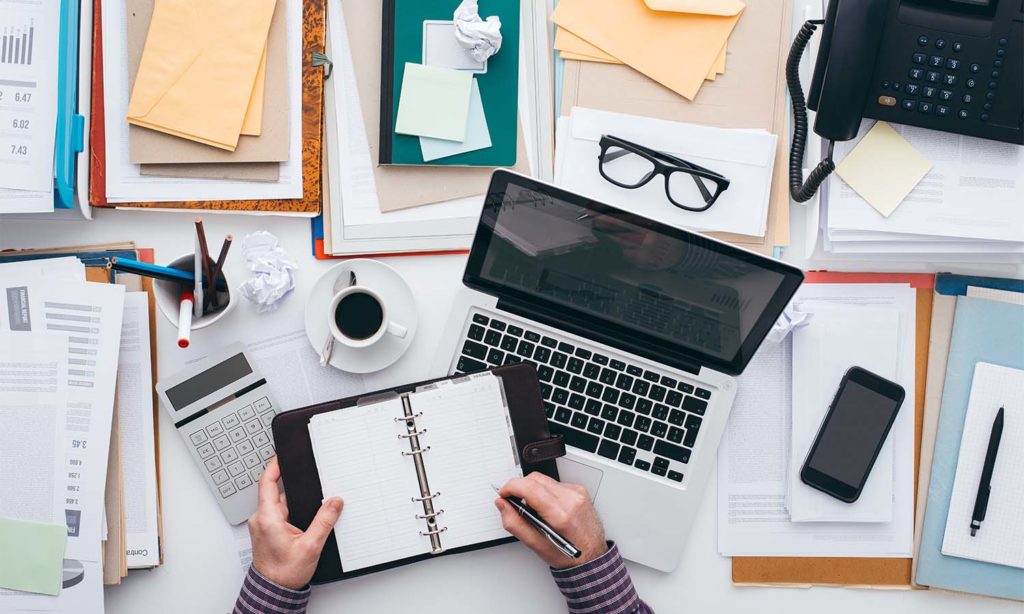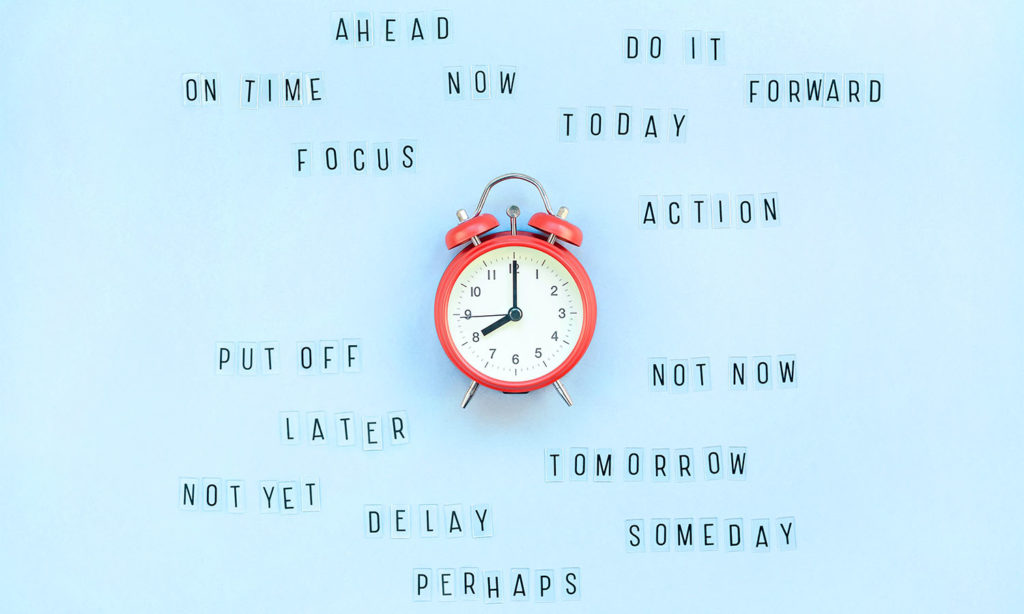Good time management, to be stress-free!
One of our biggest challenges today is to save time to do more and more. However, our days have not become longer and still count 24 hours. So how to best manage your time to be calmer, more productive and on top of that to be happy with yourself and have more free time, here are a few ways to explore:

1. Schedule your activities
- Determine your periods of productivity:
Everyone has their own rhythm, some are morning people, others afternoon people, it is important that you learn to spot it. Then, choose the periods when you have the most energy, when you are the most productive to carry out the tasks that require attention and concentration.
- Set your goals
To best plan your activities, make a list of your personal and professional goals and assign a deadline to each of them. Once the list is ready, check that your goals are SMART (Specific, Measurable, Attainable, Realizable and Time-bound).
- Set your priorities
Some of your tasks are urgent, others are important or both and finally some are neither. Once you have made your daily to-do list, and to avoid wasting time with the last category, classify your activities according to the Eisenhower matrix to set your prioritiesSome of your tasks are urgent, others are important, some are both and finally some are neither. Once you have made your daily to-do list, classify your activities according to the Eisenhower matrix to set your priorities to avoid wasting time with the last category.

2. Identify your time-stealers
- E-mails
In the workplace, emails are amongst the top time-stealers. As for your daily tasks, sort and process your e-mails according to their levels of urgency and importance. Unless there is a compelling reason to do so, do not work with your mailbox open and check your emails no more than two times an hour.
- Unforeseen and emergencies
In your daily schedule, always set time aside for emergencies and unforeseen events, this will prevent you from being caught unprepared and from stressing yourself. Know that it is important to be flexible in order to manage your time so that you can stay calm in the face of unforeseen events and emergencies, and thus better manage your time at that very moment.
- Avoid running two hares at once
Multitasking leads to concentration and attention deficiencies, which may cause mistakes, stress and slower progress. Commit to finishing one task before moving on to the next one.
In addition, release your internal and personal tensions when you are at work and vice versa. Setting a limit between professional and private life is essential for effective time management.

3. Identify your personal barriers
Certain personality traits, such as procrastination, perfectionism or lack of assertiveness, hinder time management.
- Procrastination
Putting off until tomorrow what you can do today is counterproductive to good time management. To counteract procrastination, it is necessary to get rid of distractions, move from « having to do » to « wanting to do » and to get started. Tell yourself: « I’m going to do it for 5 minutes ».
- Perfectionnism
Perfection is the search for the unattainable and not for excellence. For most perfectionists, their work is never done well enough and they will drown in details, causing an overload of work and thus, poor time management.
To work on your perfectionism, it is important to learn how to delegate by trusting others, to set achievable and realistic objectives goals (cf. SMART), to remember that error is a human thing and that we learn from our failures.
- Lack of assertiveness
Being assertive means standing up for your rights, needs and feelings while respecting those of others. One of the greatest signs of a lack of assertiveness is not daring to say no and thus letting yourself be overwhelmed, not being able to manage your time properly.
To remedy this, give yourself the right to say no (it is better to say no than to say yes and not turn in the work on time), learn to trust yourself and believe in yourself and speak-up, using the « I » and not the « you » because the « you », kills.

4. Give yourself time
- Take breaks
Taking breaks can boost your concentration. Going outside for a few minutes to get some fresh air allows you to oxygenate your brain, reduce your stress and stimulate your creativity, in short, be more efficient. In the same way, don’t stay behind your computer, have real lunch breaks to disconnect and recharge your batteries for the afternoon.
- Free time
In your weekly schedule, leave time for your hobbies. Hobbies are a source of stress compensation. In the same way, take time off regularly to give yourself or your family, some personal time… You don’t dare, you hesitate? remember that nobody is indispensable.
- Take advantage of waiting periods
Instead of getting upset while you’re stuck in traffic, queueing or sitting in a waiting room, take advantage of this stressless moment you’ve been given. You may use this time to listen to music or podcasts, learn a new language, read (unless you’re in a car). The choice is yours.

And to conclude, remember the quote:
« The more time you give to a job, the more time it tends to take to complete it »
Cyril Northcote Parkinson (British historian and essayist, 1909-1993)


